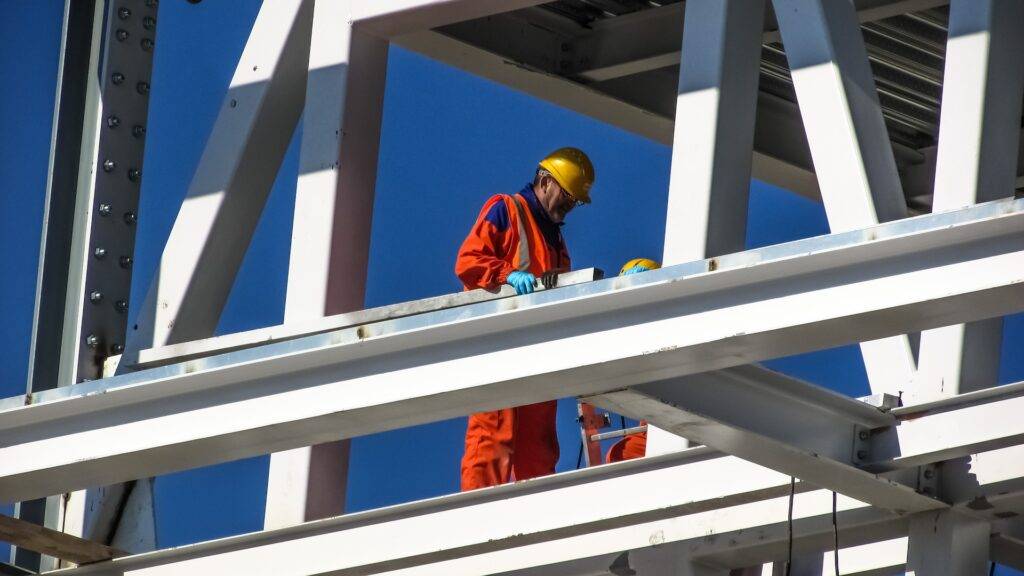Green Skills
In the West of England, we have ambitions to reduce greenhouse gas emissions to net zero by 2030. All industries are increasingly identifying the new green skills and jobs they need to transition towards a low carbon economy. Green skills and jobs will continue to grow and becoming more wide-ranging as industries work towards a sustainable net-zero future.

What is a green job?
The West of England Combined Authority define a green job as:
“A job which will directly contribute towards the reduction of emissions and help to protect the environment.”
And/Or
“Will help to create the job functions, responsibilities, conditions, working practices and/or business processes which contribute towards reducing emissions, lowering the carbon footprint and protecting the environment.”

Explore different areas of green skills
Facts & Figures
Whether you are looking to start a new career, upskill your current role to incorporate green skills, or advance the green skills you have, there are a variety of ways to get involved in the growing green sector.
Top green skills requested by employers
Communications
Management
Planning
Client Relations
Operations
Problem-solving
Innovation
Sales
Business Development
Effective Leadership
Accountancy
Project Management
Risk Analysis
Auditing
Construction
Waste Management
Procurement
Renewable Energy
Health and Safety
Engineering
Training Opportunities
View our directory for a list of training providers offering green skills courses in the region.
